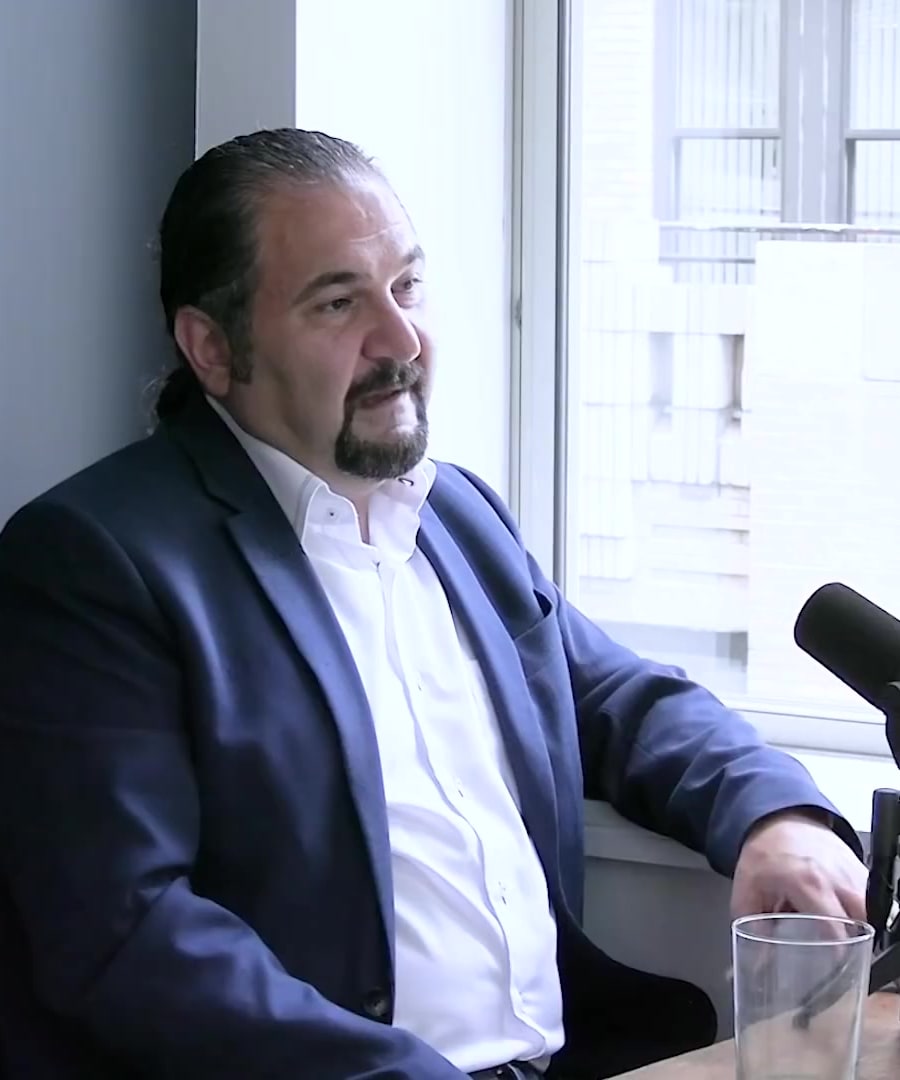Why is morning sunlight important?
Sources:
Morning sunlight exposure is vital due to several physiological benefits:
-
Circadian Rhythm: Morning sunlight sets in motion biological processes within every organ, including the liver, gut, heart, and brain, steering them down the right path. It helps regulate the circadian clock, which manages your sleep-wake cycle and overall alertness during the day 1.
-
Cortisol Regulation: Natural morning sunlight triggers a healthy increase in cortisol, a hormone that promotes wakefulness and a healthy immune system. The timing of cortisol release is crucial; it should occur early in the day 1.
-
Mood and Mental Health: Morning light has a profound positive impact on mood and mental health, offering an effective, noninvasive tool to enhance well-being 2.
-
Sleep Quality: Morning sunlight exposure sets a timer for you to fall asleep approximately 16 hours later, helping you sleep better at night 3.
-
Metabolism: It has positive effects on metabolism, which could be due to direct sunlight exposure or better sleep patterns 4.
-
Dopamine Levels: It can increase levels of well-being and alertness throughout the day by triggering a cascade of neuromodulators, including dopamine, that contribute to heightened mood 5.
To reap these benefits, aim for 5-10 minutes of sunlight on a clear day and longer during cloudy days. The intensity and duration of light are important; if it's cloudy or dim, staying outside longer can help. It's recommended to do this at least 80% of the days of your life 6 3.
RELATED QUESTIONS-
Tell me about Andrew Huberman
Sources:
is a renowned neuroscientist and associate professor at Stanford University School of Medicine. He's gained recognition for his research and contributions to brain development, brain plasticity, and neural regeneration. Beyond his research, he is well-known as the host of the podcast, which focuses on delving into various aspects of neuroscience. Furthermore, he collaborates with sports and nutrition companies, such as Momentous, on dietary supplements. Dr. Huberman's work is highly regarded across both the scientific community and the general public for his ability to translate complex neuroscience topics into understandable and actionable information.
RELATED QUESTIONSTell me about Andrew Huberman
Sources:
is an esteemed American neuroscientist and associate professor at the Stanford University School of Medicine. He is recognized for his significant contributions to the understanding of brain development, plasticity, and neural regeneration. In addition to his academic pursuits, Dr. Huberman is the host of the popular podcast, where he delves into the complexities of neuroscience, discussing topics ranging from mental health to physical performance and more.
Dr. Huberman's work extends beyond the laboratory and the classroom. He has a strong interest in bridging the gap between academic research and the practical application of neuroscience, which is evident in his engaging discussions on the podcast, aimed at offering the public actionable insights grounded in scientific evidence. He also collaborates with the sports and nutrition company Momentous on dietary supplements, showcasing his interest in translating neuroscience findings into potential benefits for health and well-being. Dr. Huberman's dedication to science communication has made him a well-respected figure in both scientific and public communities.
RELATED QUESTIONS
Why is morning sunlight important?
- RELATED QUESTIONS
Tell me about Andrew Huberman
- RELATED QUESTIONS
Tell me about Andrew Huberman
- RELATED QUESTIONS





